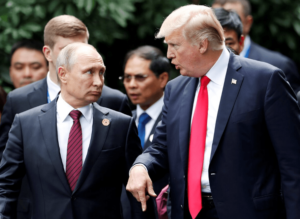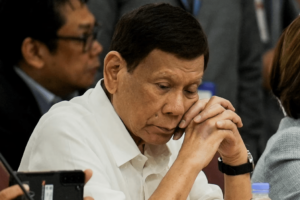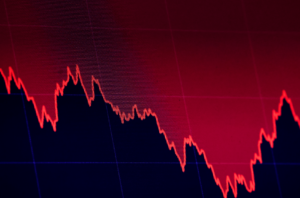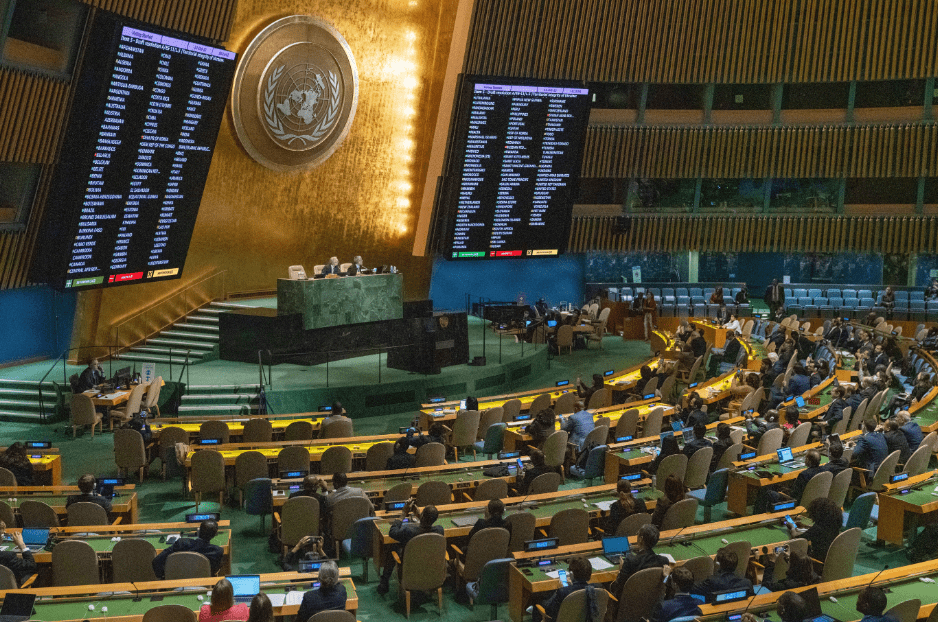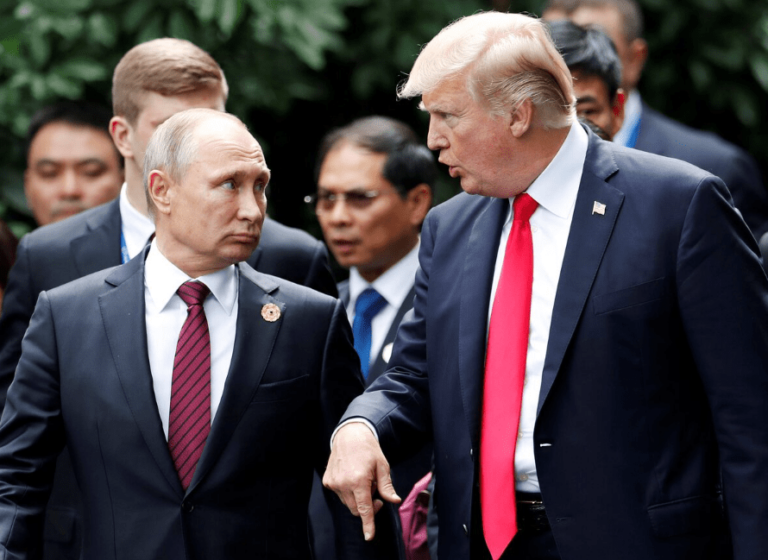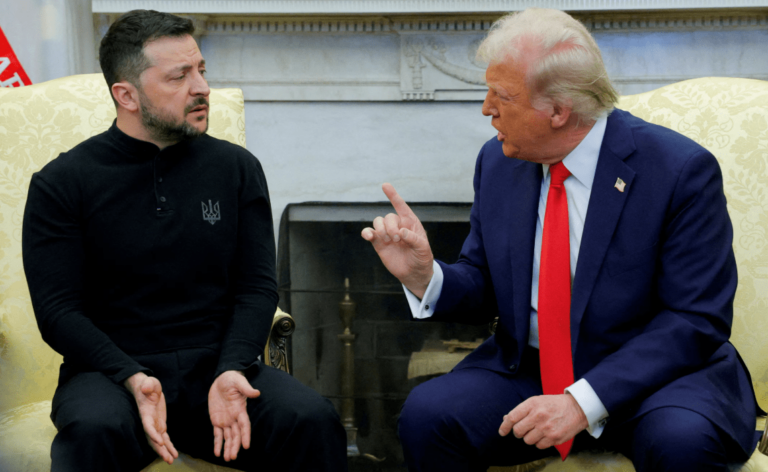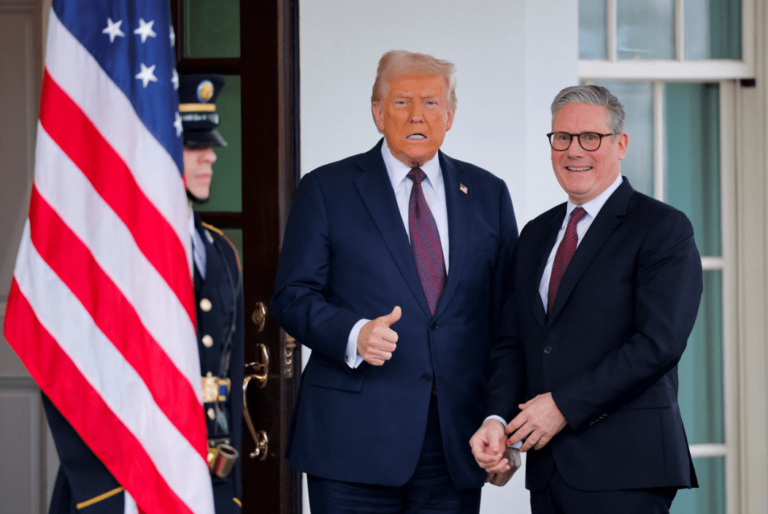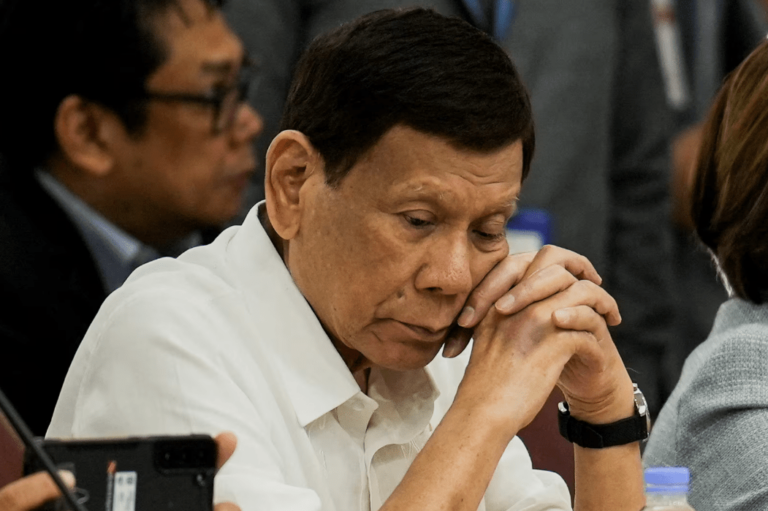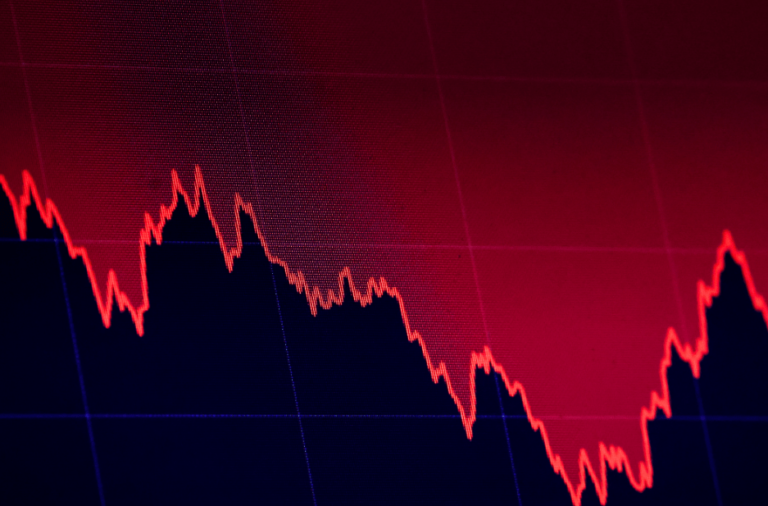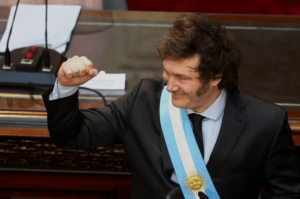The United States and Russia cast similar votes at the United Nations regarding the third anniversary of the war in Ukraine. The votes underscored a shift in the Trump administration’s stance on the conflict, raising questions about U.S. policy toward its European allies.
At the UN General Assembly (UNGA), the U.S. joined Russia in opposing a European-led resolution that condemned Moscow’s invasion and reaffirmed Ukraine’s territorial integrity. Despite their opposition, the resolution passed with 93 votes in favor. Meanwhile, the U.S. proposed a separate resolution at the UN Security Council calling for an end to the conflict but omitting direct criticism of Russia. That measure passed with 10 votes, though key allies—including the UK and France—abstained after their suggested amendments were rejected.
The contrasting resolutions came as French President Emmanuel Macron met with President Donald Trump in Washington to address their differences over the war. UK Prime Minister Sir Keir Starmer is expected to visit the White House later this week, adding further diplomatic pressure on the U.S. administration.
The split within the UNGA was stark. European diplomats insisted that Russia’s actions should be explicitly condemned. Ukrainian Deputy Foreign Minister Mariana Betsa emphasized the importance of holding Moscow accountable, arguing that aggression must be denounced rather than rewarded.
Despite European efforts, the U.S. did not merely abstain but actively voted against the European-backed resolution, alongside Russia, North Korea, Sudan, Belarus, and others. The American-backed resolution at the Security Council, which avoided assigning blame to Russia, initially passed without Ukraine-specific language. However, following criticism, amendments were added to acknowledge support for Ukraine, leading the U.S. to abstain in a subsequent UNGA vote.
The diplomatic divergence between the U.S. and its European allies marks a shift in Washington’s approach, casting uncertainty over America’s long-term commitment to European security. For three years, Russia’s ability to veto Security Council resolutions has prevented meaningful action against its invasion. As a result, the UNGA has become the primary forum for debate—though its resolutions remain non-binding.
U.S. acting UN ambassador Dorothy Camille Shea defended the American-backed resolution as a pragmatic step toward ending the war, describing it as a “historic statement focused on the future, rather than the past.” However, the growing rift between Washington and its European partners suggests broader geopolitical consequences that could shape the course of the war and its resolution.

